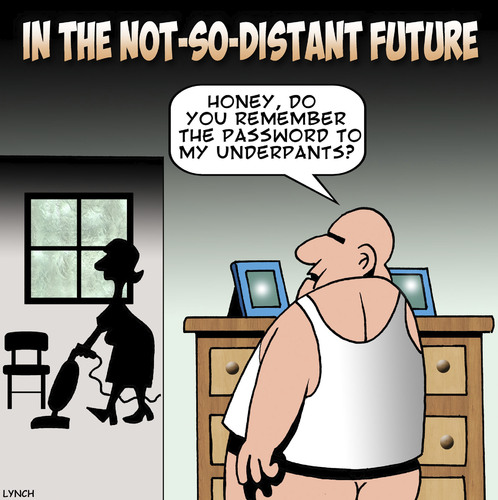
Braying donkey foils attempted burglary
Jaffa the donkey woke his owner up in the early hours of the morning with his 'very loud' braying, seeing off an intruder who ran off
A foster donkey foiled an attempted burglary with his loud braying which raised the alarm.
Jaffa who lives in Preston, Lancashire, woke his owner Mary Beetham in the early hours of the morning as he was “shouting his head off” after an intruder approached her home.
Ms Beetham, 73, said Jaffa seemed in such distress, she left her bed immediately to tend to him during the incident on Wednesday, June 18.
The retired P.E. teacher said: “I was woken up at 1.30am in the morning by the loud bray, he was obviously shouting his head off. He went on and on. It must have gone on for more than 10 minutes.”
She added that when she got up to tend to Jaffa, she “saw someone run down the drive”.
But she did not fear for her safety and said she was concerned for Jaffa, who she had fostered only three months earlier.
“The sound was an incredibly stressed sort of noise. They can die from this sort of incident and Jaffa needed calming down. I stayed with him for 30 minutes and calmed him down.”
“I didn’t consider it [her safety] until afterwards, I only thought ‘what was the matter with my donkey?’ It was later that I thought, ‘what am I doing here in my pyjamas?’”
Ms Beetham called the police in the early morning and said the officers told her they would record the incident and keep an eye on it.
She said the intruder had not taken anything.
The next day, Ms Beetham said, “Jaffa was very quiet and sleepy, he was shaken up. But he’s fine now. He just shouts at the postman now.”
The foster carer has been taking care of donkeys for 17 years and said Jaffa had been badly treated before being rescued in Ireland but “brought back to life” by The Donkey Sanctuary, a charity dedicated to improving the lives of donkeys.
Ms Beetham also is carer to Jacko, who she has fostered for the last four years. She praised the charity's work and said she decided to foster donkeys because of her mother: “When my mum was alive, she wanted a donkey. I thought, if I don’t get one, I never will. It was the best thing I ever did.”













